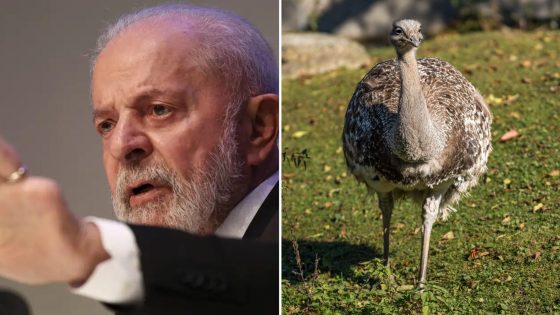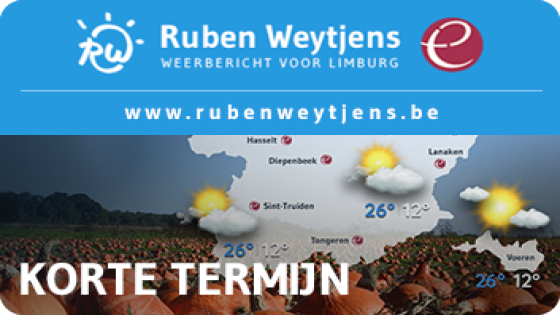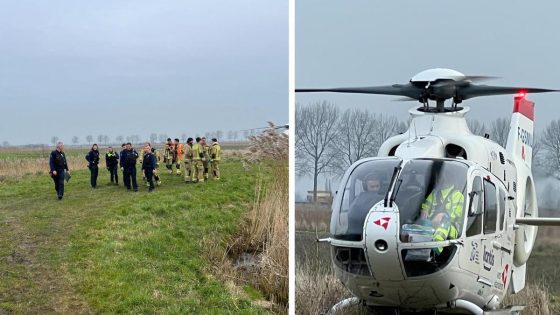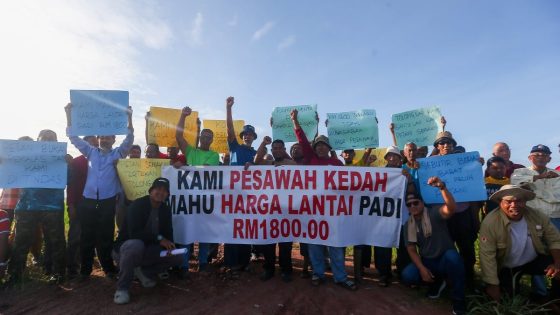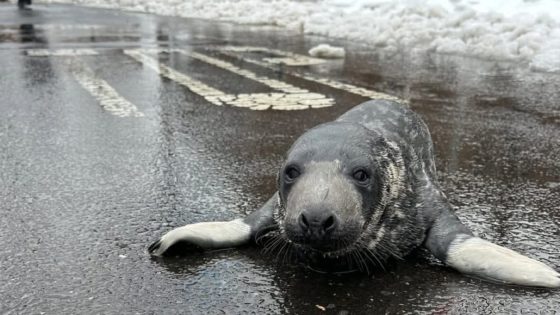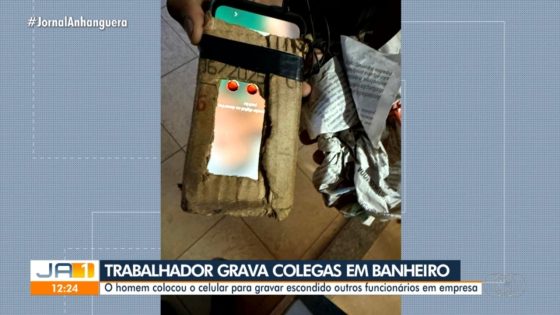On February 13, 2025, President Luiz Inácio Lula da Silva stirred controversy by revealing he consumes eggs from the ema, a large flightless bird. This unusual statement has led to a legal inquiry by the Prosecutor General’s Office (PGR) following a complaint from state deputy Kim Kataguiri. But what does this mean for Lula and environmental laws in Brazil?
- Lula's statement about eating ema eggs
- Kim Kataguiri files complaint with PGR
- Environmental crime implications discussed
- Legal context of consuming ema eggs
- Ibama approval for ema breeding mentioned
- Expert opinion dismisses potential legal issues
What Are the Implications of Lula’s Ema Egg Consumption?
Could Lula’s unusual dietary choice lead to serious legal consequences? The uproar centers around his comments made during a land transfer ceremony in Amapá. Kataguiri’s complaint references Brazil’s environmental laws, specifically regarding the use of wildlife products.
Understanding Brazil’s Environmental Laws on Wildlife Products
Brazil’s environmental regulations are strict, especially concerning the use of wildlife products. Lula’s consumption of ema eggs is under scrutiny, as the law prohibits using such products without proper authorization. However, the creation of emus at the Palácio do Planalto is reportedly sanctioned by the Brazilian Institute of Environment and Renewable Natural Resources (Ibama).
Key Points About Lula’s Controversial Statement
Lula’s comments have sparked a debate about wildlife consumption and environmental ethics. Here are some key points to consider:
- The legality of consuming ema eggs hinges on proper licensing.
- Kataguiri’s complaint cites potential violations of the Law of Environmental Crimes.
- Experts suggest that Lula’s consumption may not constitute a crime if regulations are followed.
- The incident reflects broader issues of sustainability and wildlife conservation in Brazil.
Public Reaction and Political Ramifications
The public’s response to Lula’s comments has been mixed, with some supporting his transparency while others express concern over environmental implications. This controversy could impact Lula’s political standing and influence discussions on wildlife protection and consumption ethics in Brazil.
Future of Environmental Policies in Brazil
This incident may prompt a reevaluation of Brazil’s wildlife laws and their enforcement. As discussions around sustainability grow, how will policymakers balance cultural practices with conservation efforts? The outcome of this situation could set a precedent for future wildlife consumption debates.



